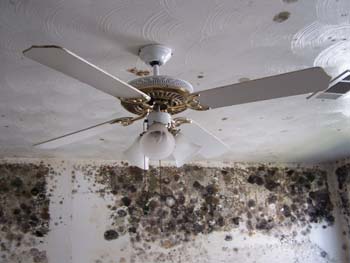This ability to recognize the production of a web page as a form of social action is one part of the cultural competence necessary to make use of the Internet meaningful. The competence involves the conceptualization of the web page as a means of communication with an audience, the ability to read the temporal collage of the web and to negotiate the space of flows, and the ability to produce appropriate displays of authenticity. (Hine, 2000, p. 148)
Christine Hine's Virtual Ethnography features an ethnographic study of web pages created in support of Louise Woodward, the British au pair tried in the late-1990s for the murder of an 8-month-old American child who had been in her care. As one of the first popular culture events that experienced an accompanying turn to the web, Hine reasons that the Louise Woodward case "provides an opportunity to consider the interpretive flexibility of the Internet" (p. 151). This endorsement of flexibility causes me to reflect upon my methodological choices and take note of the many ways I have modified them since August 29, 2005. I am happy to report that I have finally faced the reality that shift happens when attempting to undertake a project rooted in online activity, particularly one that originated at a time of such personal and national crisis.
Dori Laub (1995) writes the following about Holocaust survivors: "The[y] did not only need to survive so that they could tell their stories, they also needed to tell their stories in order to survive" (p. 63). While I certainly cannot compare myself to a Holocaust survivor, I do know that her words ring true for many New Orleanians, especially me. As evident from the growing list hosted by the ThinkNOLA New Orleans wiki, more and more New Orleanians are now creating blogs to publish their thoughts. Some of these locals never had an email account before, but the exigency of Hurricane Katrina prompted them to turn to online mediums in order to tell their stories. The recovery process is a harsher reality than any "Katrina Anniversary" news special can document, and blogs offer the daily doses of life in a post-Katrina world–authentic tales of a city gutting its homes, taping up refrigerators, and suffering from the lack of contractors and the sluggish repair of levees. If no one writes about their daily trials and tribulations with FEMA or insurance companies, how will anyone, even transplanted New Orleanians like me, know that so many people have yet to receive financial assistance even though they've filed every form months ago? How will they know that people are still receiving water and gas bills for houses they haven't lived in since August 2005? How will they know what it feels like to return to a home seeping with mold, then have to "gut" it--to literally throw away their collected past? How will they know what the city even looks like?
The fact that hundreds of locals have chosen to turn to an online medium to share their unfinished stories of Katrina recovery fascinates me and I look forward to pursuing my dissertation research, if not for my own healing, then for the ability to share their writing in any way I can in order to improve outsiders' understanding of "what it means to miss New Orleans."
|

